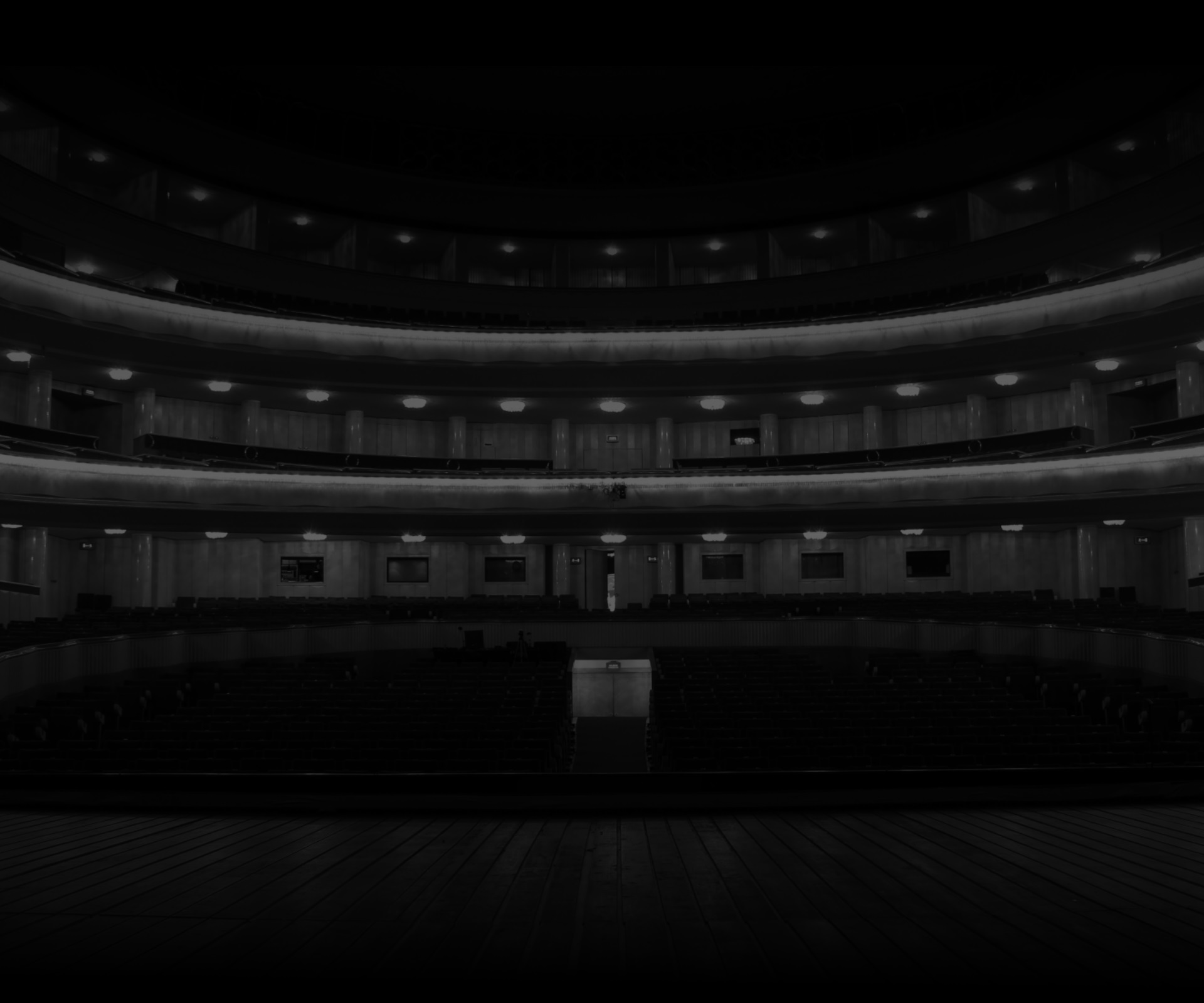“I am searching for a new form of Japanese spiritual culture and music, one through which I can remain true to myself as well as to my origins. We need to examine the Western world again, more carefully, in order to see ourselves objectively and to truly get to know ourselves”.
Toshio Hosokawa, Japan’s pre-eminent living composer, creates his distinctive musical language from the fascinating relationship between western avant-garde art and traditional Japanese culture. His music is strongly connected to the aesthetic and spiritual roots of the Japanese arts (e.g. calligraphy), as well as to those of Japanese court music (e.g. Gagaku) and he gives musical expression to the notion of a beauty that has grown from transience: “We hear the individual notes and appreciate at the same time the process of how the notes are born and die: a sound landscape of continual ‘becoming’ that is animated in itself”.
Born in Hiroshima in 1955, Toshio Hosokawa came to Germany in 1976 where he studied composition with Isang Yun, Brian Ferneyhough and later Klaus Huber. Although he initially based his music on the western avant-garde, he gradually developed a new musical world between East and West. He first gained widespread recognition with the 2001 world premiere of his oratorio Voiceless Voice in Hiroshima.
The 2015/16 season begins with the world premiere of his new work for two sopranos and orchestra: the commission to celebrate the 50th anniversary of the Tokyo Metropolitan Symphony Orchestra can be heard for the first time at the beginning of November. It joins a series of large orchestral works that Toshio Hosokawa has written in recent years, including the Roche Commission Woven Dreams (Cleveland Orchestra under Franz Welser-Möst, Lucerne Festival). Circulating Ocean, which was premiered by the Vienna Philharmonic in 2005 at the Salzburg Festival, has meanwhile become part of the standard repertoire of many orchestras. In 2013, Toshio Hosokawa returned to Salzburg with Klage for soprano and orchestra, based on a text by Georg Trakl (NHK Symphony Orchestra under Charles Dutoit, soprano: Anna Prohaska).
Toshio Hosokawa continues to compose works that focus on nature themes, such as the horn concerto Moment of Blossoming for Stefan Dohr and the Berlin Philharmonic (2011). Since 2003 he composer
has composed the Voyages series for solo instrument and ensemble. In some of these works he combines Japanese and European instruments, such as in Voyages X Nozarashi for shakuhachi and ensemble. Traditional Japanese instruments such as the shō or koto also feature elsewhere in his oeuvre which comprises approx. 130 works.
Toshio Hosokawa’s music theatre works are regularly programmed by large opera houses. His first opera Vision of Lear garnered high praise at the Munich Biennale in 1998 and his 2004 work Hanjo, staged by the choreographer Anna Teresa de Keersmaeker and co-commissioned by Brussels’ La Monnaie and the Festival Aix-en-Provence, has been seen on numerous stages since its premiere. Like Hanjo, Matsukaze is also based on material from the Japanese noh theatre tradition. The opera was first performed in 2011 in a production by the choreographer Sasha Waltz at La Monnaie and subsequently at the Berlin State Opera, in Warsaw and in Luxembourg. Staged performances of the monodrama The Raven for mezzo-soprano and ensemble, which received its world premiere in Brussels in 2012, have also taken place.
A highlight of the 2015/16 season is the world premiere of Toshio Hosokawa’s opera Stilles Meer at the Hamburg State opera. The work, which can be seen from January 2016 staged by the Japanese director Oriza Hirata, once again refers to traditional noh subject matter, which is brought up to date in the context of Fukushima.
Toshio Hosokawa has received numerous awards and prizes. He has been a member of the Academy of Fine Arts Berlin since 2001 and a fellow of the Institute for Advanced Study in Berlin since 2006. 2013/14 he was composer in residence at Netherlands Philharmonic Orchestra. He is the Artistic Director of the Takefu International Music Festival and Suntory Hall International Program for Music Composition.





